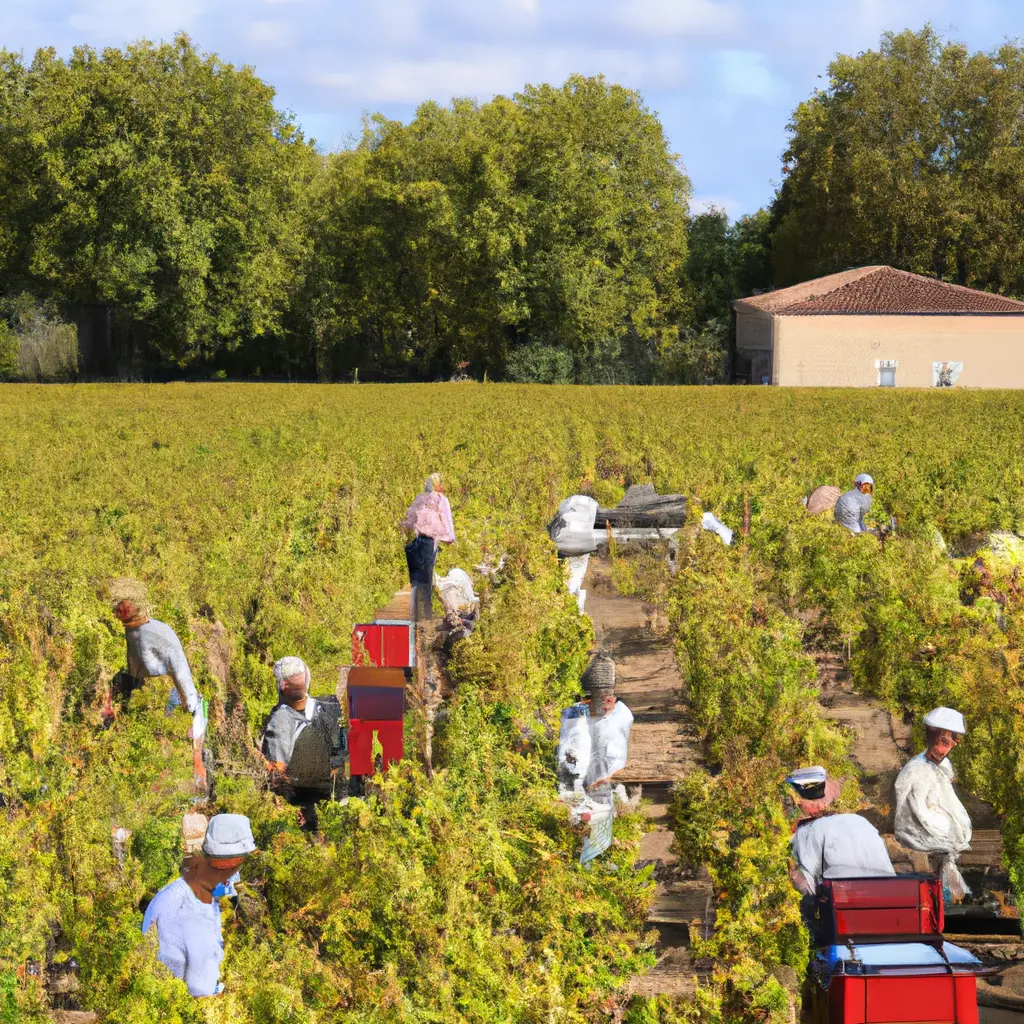Climate change may be improving the quality of Bordeaux wines

To understand the link between weather and wine quality, Andrew Wood of Oxford University and colleagues analyzed data on temperature, rainfall and ratings of Bordeaux wines, which are mostly reds, from 1950 to 2020. They focused on Bordeaux because its vineyards are fully rain-fed, and wine critics evaluate the wines of this region annually to give an indication of whether it was a "good year" overall, and of wines from smaller locations within the region.
In general, the highest rated wines are usually produced in years with wet winters when the vines are dormant and hot, dry summers when the grapes are ripe and harvested.
14 May 2025
14 May 2025
30 April 2025
1 May 2025




In contrast, drier conditions in the summer may be more beneficial because they help concentrate sugars and flavor compounds in ripening grapes, Wood says. Warmer temperatures also promote these flavor components by increasing photosynthesis, he says.
Researchers found that scores for Bordeaux wines have generally increased since 1950. This can be attributed to technological improvements in winemaking and efforts to match consumer preferences, but also because of climate change, which has increased the frequency of wet winters and hot, dry years in France, Wood says.
Bordeaux wines can continue to improve as climate change advances and these weather patterns spread, but there is a limit when it gets too hot and dry for grapes to grow, Wood says. "We can't tell from this analysis where the point of failure will be," he says.
Vineyards could also become increasingly vulnerable due to extreme weather events such as wildfires, flooding and hailstorms, which could wipe out entire yields, he says.
Although the study only covered the Bordeaux region, Wood believes other vineyards around the world growing similar grape varieties, such as Cabernet Sauvignon and Merlot, could also benefit from wet winters and hot, dry years.
Winemakers can use the study's findings to improve the quality of their wines, such as watering the soil properly in winter, pruning vine foliage in summer to reduce shading of the grapes, and improving drainage and installing protective roofs in case of rainy summers, he says.
Comment
Popular Offers

Subscribe to the newsletter from Hatamatata.com!
Subscribe to the newsletter from Hatamatata.com!
I agree to the processing of personal data and confidentiality rules of Hatamatata










